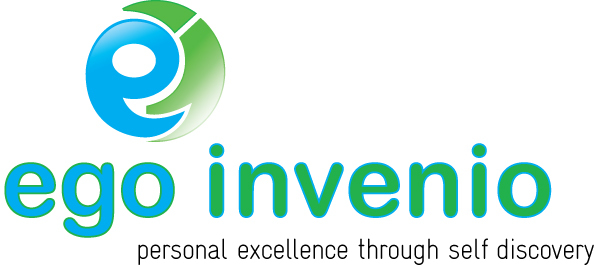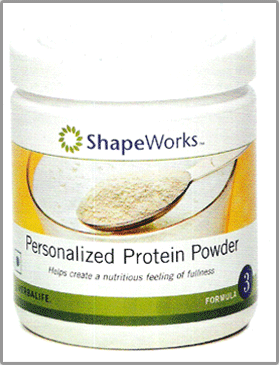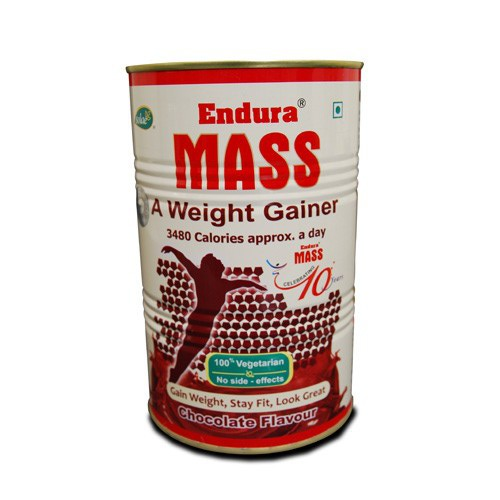The Lectin-Free Diet: What You
1. Purpose: The primary objective of the lectin-free diet is to limit the intake of lectins, which some individuals believe can cause digestive discomfort and inflammation. Proponents of the diet argue that lectins can bind to the intestinal lining, leading to gut irritation and potentially triggering autoimmune responses in susceptible individuals.
2. Foods to Limit or Avoid:
- Legumes: Beans, lentils, chickpeas, and peanuts
- Whole Grains: Wheat, barley, rye, oats (some argue that oats are less problematic than other whole grains)
- Nightshades: Tomatoes, potatoes, eggplants, peppers
- Certain Fruits: Bananas, grapes, melons
- Nuts and Seeds (for some people): Cashews, almonds, peanuts, walnuts, flax seeds, chia seeds
- Dairy (for some people): Milk, cheese, yogurt
3. Recommended Foods:
- Fruits: Berries, citrus fruits, avocado
- Vegetables (non-nightshade): Leafy greens, broccoli, cauliflower, zucchini, carrots
- Meats: Grass-fed beef, poultry, fish, eggs
- Healthy Fats: Olive oil, coconut oil, avocado oil
- Gluten-Free Grains and Starches: Quinoa, buckwheat, brown rice (for those who can tolerate)
4. Potential Benefits:
- Digestive Improvement: Some individuals report reduced digestive issues, such as gas, bloating, and diarrhea.
- Reduced Inflammation: By eliminating potentially inflammatory lectins, proponents claim that the diet may help mitigate chronic inflammation.
- Weight Management: Cutting out certain carbohydrates (like grains and legumes) may lead to weight loss for some people.
5. Evidence and Criticism: The lectin-free diet lacks robust scientific evidence to support its effectiveness and safety. While lectins can have biological effects, the exact extent of their impact on human health and the benefits of their removal require further research. Critics argue that the diet unnecessarily eliminates many nutrient-rich foods.
6. Consult a Professional: Before making significant dietary changes, consult a registered dietitian or healthcare provider. The lectin-free diet may not be suitable for everyone, especially individuals with preexisting health conditions or nutrient deficiencies.
It's important to approach the lectin-free diet cautiously, ensuring you're still meeting your nutritional needs. Some lectins are beneficial, and completely avoiding them may have adverse consequences. Consider the diet as a potential experiment and monitor your response to see if it aligns with your health goals.
-
High Carb diet works for me!
QuestionI have tried the low carb approach to dieting for years w
-
Worried About Consuming too Much Vitamin A
QuestionHello, My question is about vitamin A and whether or not
-
starch or not?
QuestionHello: I wanted to cook dinner for my boyfriend and
-
kidney stones
Questioni have calcium oxalate dihydrate stones. i have passed 50
-
What am I doing wrong?
QuestionGood Evening! Ill start by saying, a few years ago I wa
-
Burn it.
QuestionHeyy. Im 14, soon to turn 15 (September). Approximately 4
- Nutrition Dieting
- How do I lose these last 28 pounds?
- Please help with low fat and low sugar ideas
- Calcium supplement
- minimum calories
- Eat fruits before meal
- Several Issues make it hard to lose weight
- weightloss, calories, muscle gains
- I need to get fighting fit
- Reshaping your body
- Cannot Gain Weight



